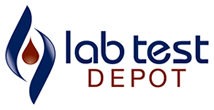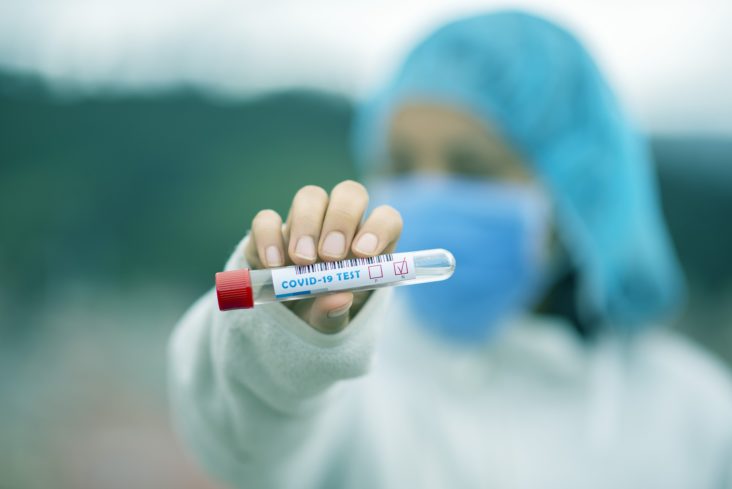COVID-19 has infected more than 14 million people all around the globe.
The recent pandemic has closed almost all businesses all across the globe and halted production for most industries.
As part of a business, an employee or a customer may be required to pass through a COVID-19 testing procedure, however, this depends on several factors such as company policy and government rules.
Here is everything you need to know about the COVID-19 test procedure:
What are the Different Types of COVID Testing?
There are two major types of tests available for COVID-19:
- Viral test
- Serology/Antibody test
These types are further sub-divided into various types. The first type of test: viral test, is used to tell whether the person currently has the virus. An antibody test is used to check whether the person has contracted the virus and gained immunity, or generally has immunity to the virus.
Here is information on both type of tests:
Viral tests
Viral tests are done to find infection-causing viruses that live in living cells. Depending on where you live, most clinics near you should be able to perform a basic viral test.
For COVID-19, you are positive if you are infected by the virus code-named “SARS-CoV-2”. Do note that a virus can take several weeks to develop after infecting your body. A viral test can only be flagged as positive if the virus culture has developed enough.
There are two main types of viral testing for COVID-19 test procedures:
Viral antigen detection test
An antigen is a substance that is capable of causing immune responses in the body. Different antigens have different surface features or epitomes. For COVID-19, antigens can develop on the cells of SARS-CoV-2 infected cells. This type of test can be done by taking a sample of the tissue that seems to be infected and checking for the virus.
Procedure
A nasopharyngeal swab is exposed to artificial antibodies on a paper strip. These antibodies help bind the coronavirus antigen.
PCR test
A PCR test usually looks for the presence of a virus in the DNA or the RNA of the human body. This can usually be done by taking a strand of hair of the person that seems to be infected. A PCR test is also known as genetic tests. They are more accurate than other viral tests because only a tiny sample is needed. In many cases, the doctors may use swabs to extract a testing sample.
Procedure
A small sample is collected from the body where the Covid-19 virus commonly gathers like the throat or nose. The sample is treated with different chemical solutions that help remove fats and proteins. Only the RNA is extracted that helps in the diagnosis of the virus.
Serology tests
Serology tests or antibody tests are used to find whether a person has developed antibodies to fight against the COVID-19 virus. It is a popular COVID-19 test procedure among bigger corporates who are willing to let employees enter offices.
Serology tests cannot find enough evidence over whether the person is currently infected. Additionally, it cannot find whether the person has gained total immunity in case of reinfection. In many countries, the FDA does not evaluate serology tests so tests may vary from clinic to clinic. Serology tests can find out whether the person is capable of transferring the virus from one person to another.
Procedure
A blood sample of the person is collected and mixed with various solutions. It helps with the detection of newly developed antibodies in the blood which shows whether the person has the COVID-19 virus or not.
We hope that this brief introduction to the various COVID-19 test procedures helped you figure out the procedures that are used to find COVID-19. Stay safe and always be sure to wear a mask and sanitize.

